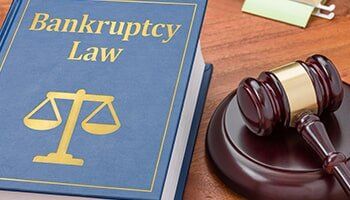Certified Bankruptcy Attorneys

What is Chapter 7 Bankruptcy Wipes away obligations & discharges debt. Many debts can be erased permanently. No need to make payments to creditors from future income. Retain ownership of your property. Most property is protected under state law.
CHAPTER 7 BANKRUPTCY offers the debtor a clean slate and is sometimes called liquidation bankruptcy or straight bankruptcy. The term "liquidation," in this case denotes the fact that the trustee in the bankruptcy proceeding is free to liquidate unprotected or non-exempt assets in order to repay creditors.
CHAPTER 7 BANKRUPTCY allows most debts to be wiped out with the individual retaining most of their possessions except for those that are non-exempt. The majority of the property is protected under state law. When it is protected, a creditor is unable to seize the property and the debtor retains all rights of ownership.
The main goal of filing CHAPTER 7 BANKRUPTCY is to erase debtor obligations and discharge existing debt. One of the benefits of this type of bankruptcy is that the debtor does not need to make payments to the creditors from future income. Although some debts are not eligible for discharge, in exchange for giving up some of your property, there are debts that can be erased permanently.
What is Chapter 13 Bankruptcy?
Chapter 13 bankruptcy
is a consolidation of debts into one repayment plan and allows an individual to reorganize debts and to pay the unsecured debt without any further interest accumulating. It also protects the debtor from creditors while the debt is being paid off. Unlike Chapter 7, a Chapter 13 petition does not ask for an immediate discharge of debts. Instead, he or she offers a plan to repay at least part of those debts over a period of time, usually three to five years, depending on the debtor's disposable income. While a Chapter 13 plan is in place, the debtor is protected from lawsuits, garnishments, and other creditor action. The Chapter 13 debtor's plan must be approved by the bankruptcy court. A person who files Chapter 13 bankruptcy remains in bankruptcy until all of the payments in the plan have been made, and the judge issues a discharge of the debts.






